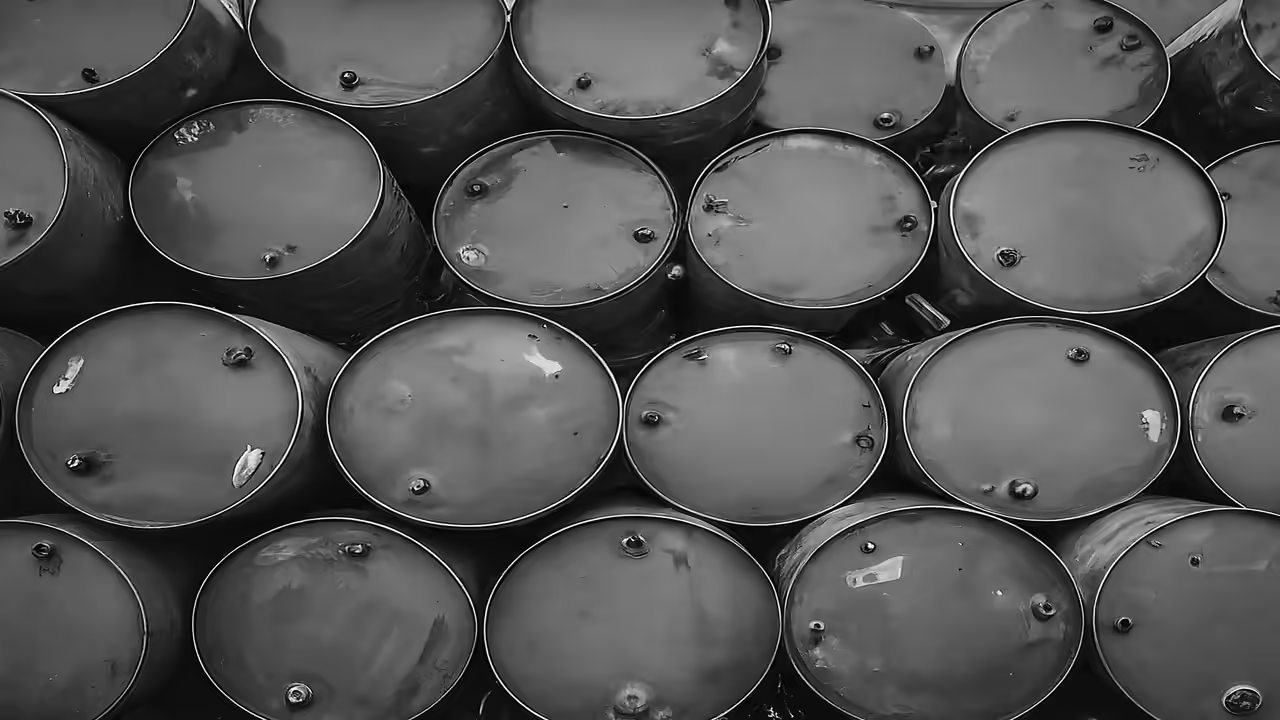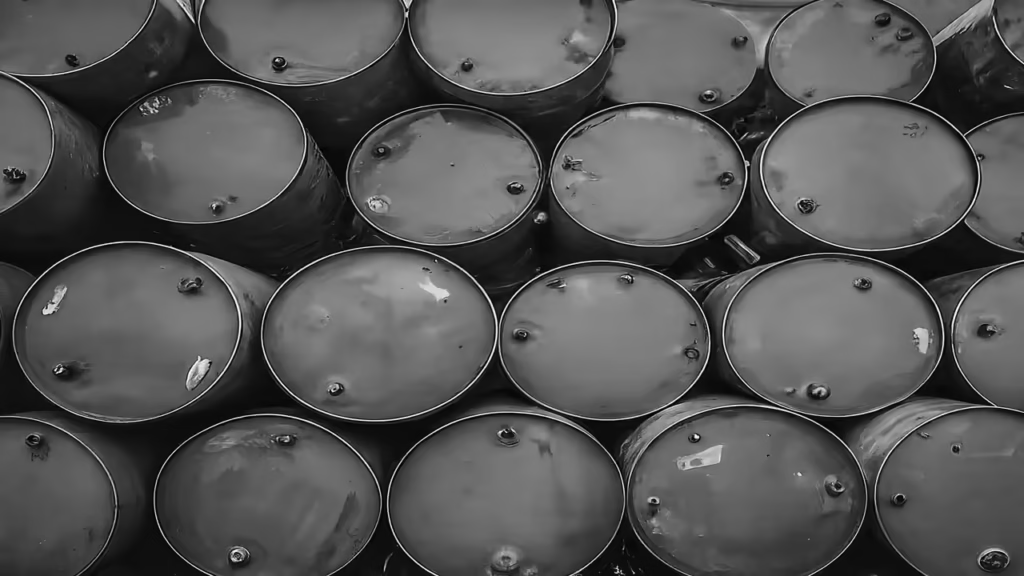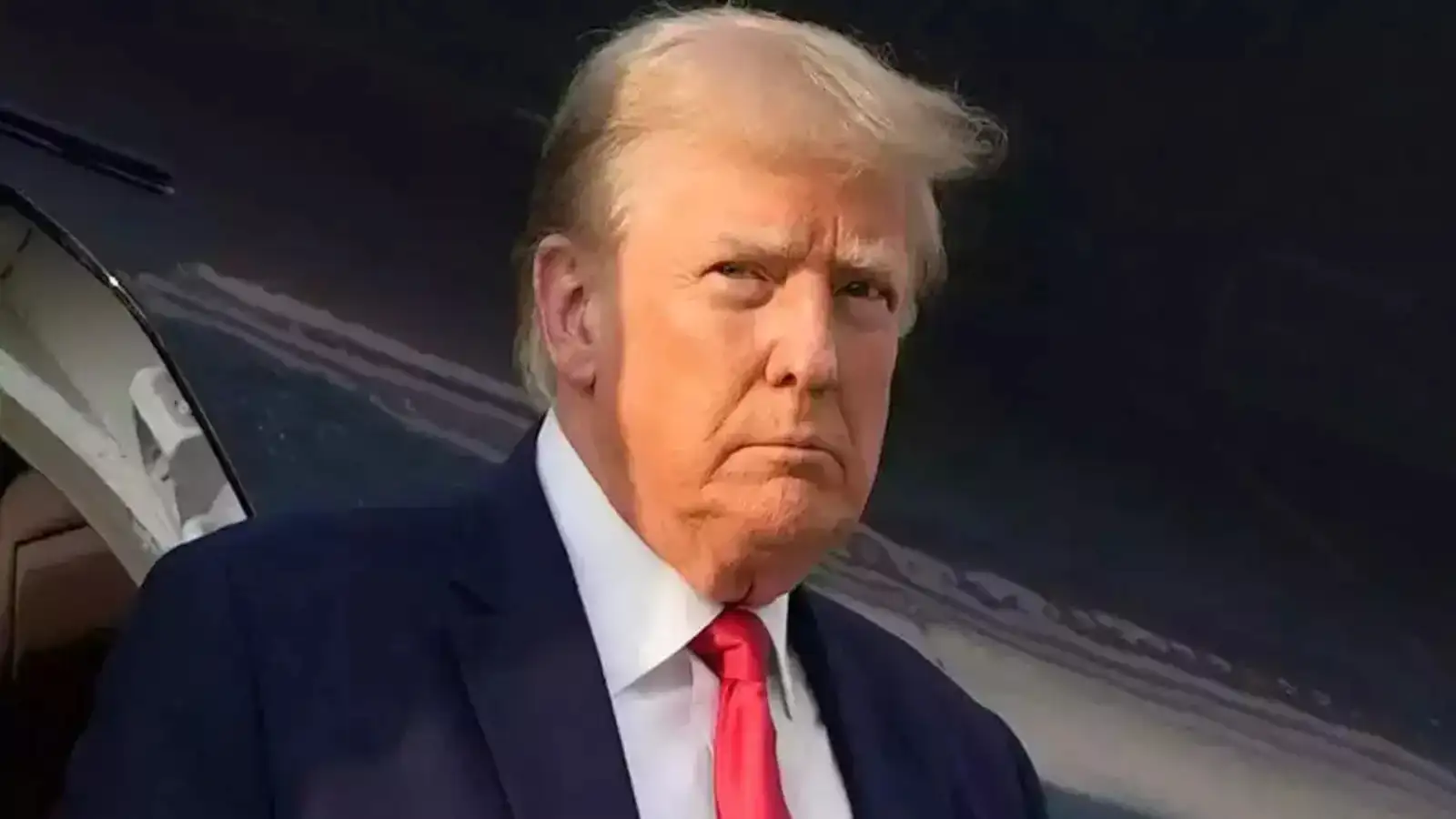Now Reading: EU Tightens Sanctions on Russia: New Oil Price Cap and Product Ban to Impact Global Trade
-
01
EU Tightens Sanctions on Russia: New Oil Price Cap and Product Ban to Impact Global Trade
EU Tightens Sanctions on Russia: New Oil Price Cap and Product Ban to Impact Global Trade

The European Union has rolled out another round of sanctions on Russia, this time targeting refined oil trade. The fresh measures include a reduced price cap on Russian oil and a ban on products made from Russian crude, even if they’re refined elsewhere. This shift is expected to ripple across global supply chains, including countries like India that indirectly deal with such oil.
What’s Changing in the Sanctions
The updated sanctions package lowers the ceiling on what Russian oil can be sold for under the EU’s price cap mechanism. Alongside this, the EU has also decided to ban products made using Russian crude—even if they’re processed in third-party countries and then sold in Europe.
This two-pronged approach aims to close existing loopholes in the current sanctions regime and choke off revenue streams to the Russian economy, especially those tied to the ongoing conflict in Ukraine.
Why This Matters for India
India has been among the largest buyers of discounted Russian crude since the war began. Indian refiners often process this oil into diesel, aviation fuel, and other petroleum products which are then exported globally—including to Europe.
With the EU now cracking down on refined products made from Russian-origin crude, Indian exporters could face increased scrutiny or even lose access to specific European markets. This could affect margins and trade dynamics, especially for refineries in cities like Jamnagar and Vizag.
Impact on Tier 2 Economies and Businesses
Several Tier 2 cities in India have small-scale industries and logistics businesses tied to petroleum product distribution. If Indian exports slow down due to compliance checks or trade restrictions, it could indirectly affect job creation and local economies in these regions.
Transporters, shipping agents, and even port workers might see ripple effects, especially in states like Gujarat, Maharashtra, and Andhra Pradesh.
Broader Economic Picture
Globally, this move is also expected to tighten oil supply, which may push prices up in the medium term. That could result in costlier imports for India or force Indian refineries to diversify their crude sources—something that may not be easy or cheap.
India has consistently maintained a non-aligned position, purchasing oil from wherever it’s economically viable. These new EU rules could make that balancing act tougher.
Conclusion
The EU’s stricter sanctions are more than just a political message—they’re a real-world shift that could impact oil trade, pricing, and exports. For India, particularly its industrial cities and refineries, the challenge now lies in staying competitive while adapting to new trade barriers. How policymakers and businesses respond will shape the next phase of India’s energy and export strategy.






















